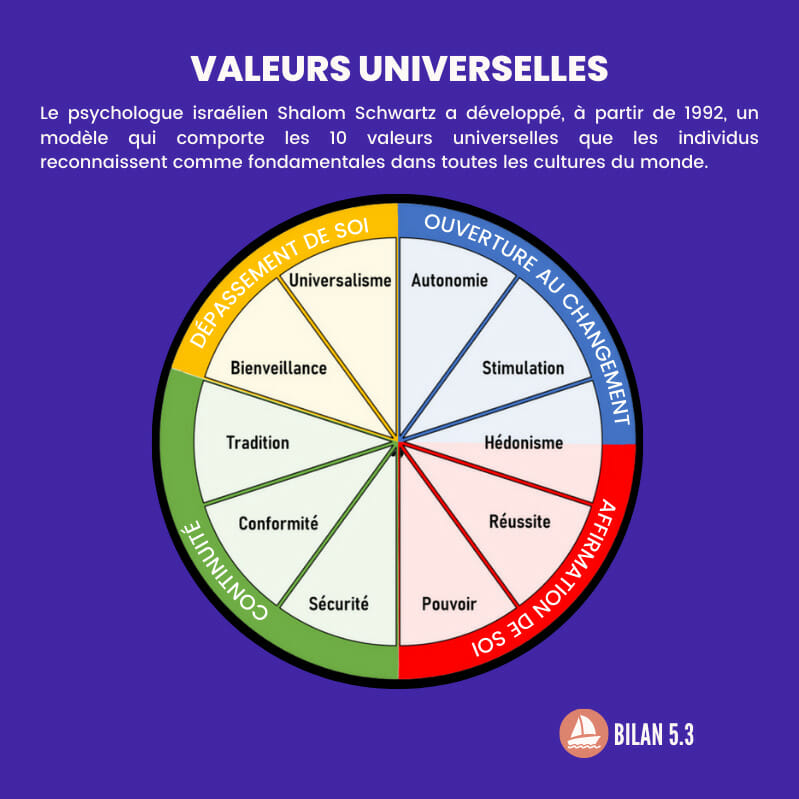British researchers have shown that a website specifically designed for precarious smokers is more effective in helping them to quit smoking.

Smoking and precariousness often go hand in hand. Tobacco consumption is in fact higher among the less educated and the unemployed. In France, while a third of the general population smokes, workers and the unemployed are more than 40%.
The various tobacco control policies have had little effect on these disadvantaged populations. Unemployment is the main obstacle to stopping smoking. But a British tool, called StopAdvisor, could make all the difference. This internet aid device tested with precarious Britons would indeed be able to reduce these social inequalities, according to a study presented in the latest issue of the Weekly Epidemiological Bulletin (BEH) published this Tuesday.
Simple and understandable by all
Designed by a team from University College London, this interactive website has the advantage of being clear and concise. The researchers favored images and videos and proposed the shortest possible texts that could be understood by 14-year-old adolescents. Each section of the website can be read in 10 minutes maximum.
To assess the effectiveness of StopAdvisor, the British team conducted a 7-month trial with 4,260 smokers from underprivileged or wealthy backgrounds wishing to quit smoking. The volunteers were randomly assigned to the group using StopAdvisor or the group with access to a static smoking cessation information site.
At the end of the experiment, more than 10% of favored smokers stopped smoking regardless of the internet tool used. Conversely, precarious smokers were much more convinced by StopAdvisor than the static website: 8% of them stopped smoking thanks to this tool compared to 6% in the other group.
“Researchers have shown, through a randomized, controlled trial, that the StopAdvisor interactive online smoking cessation aid, specially designed for smokers from the less advantaged social classes, was more effective than accessing a single page. Static Internet of information and advice ”, note the authors of the BEH, stressing that these results are very different from those generally observed.
Develop personalized actions
The effectiveness of StopAdvisor thus reveals the importance and the need to develop specific actions for this population. “We must abandon the single service and, on the contrary, create several services of different intensity and quality. We must not wait passively behind a counter either, but be proactive and offer the appropriate services to different audiences through active strategies ”, suggest the authors.
For now, the StopAdvisor project is still a research tool. It should very soon be transformed into a cessation assistance service because the British National Public Health Agency wishes to include it in its range of offers offered to smokers.
In France, the Health Insurance has also developed strategies for these disadvantaged populations, and certain hospital services have also set up specific measures. “Regarding the online help for smokers who do not want to engage in face-to-face follow-up, it should be designed with the same rigor as that of the StopAdvisor team. It will also be necessary to make this offer known to the public who need it the most in a proactive manner ”, conclude the authors.
.















